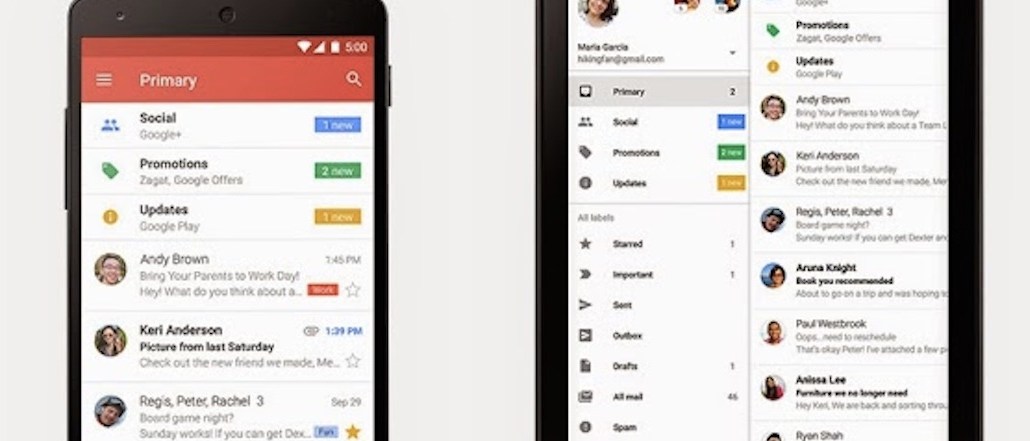Save 50% on a 3-month Digiday+ membership. Ends Dec 5.

Gmail is making it easier for users to rid their inboxes of annoying spammers, trolls and newsletters.
Today, Google announced that it’s adding a “Block” button that funnels annoying messages from specific email addresses into the user’s Spam folder, a feature that was once tucked away in its myriad of settings.
It will now be a two-click process that’s filed under the arrow button in the email body next to the reply button. The new feature, which was announced on Gmail’s blog, is gradually rolling out to Web and Android users.
Google created this GIF to help people find the button on the app:

Google also announced its expanding its one-click “Unsubscribe” button on commercial email lists to Android users. The button debuted last year to the nervousness of retailers who depend on mass newsletters to retain customers.
Digiday reached out to several email marketing managers about the new blocking feature, and the few that responded collectively shrugged at the news.
Ad position: web_incontent_pos1
Photo via Google+.
More in Marketing

Ulta, Best Buy and Adidas dominate AI holiday shopping mentions
The brands that are seeing the biggest boost from this shift in consumer behavior are some of the biggest retailers.

U.K. retailer Boots leads brand efforts to invest in ad creative’s data layer
For media dollars to make an impact, brands need ad creative that actually hits. More CMOs are investing in pre- and post-flight measurement.
Ad position: web_bfu